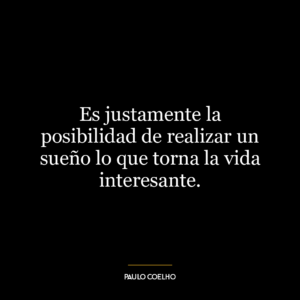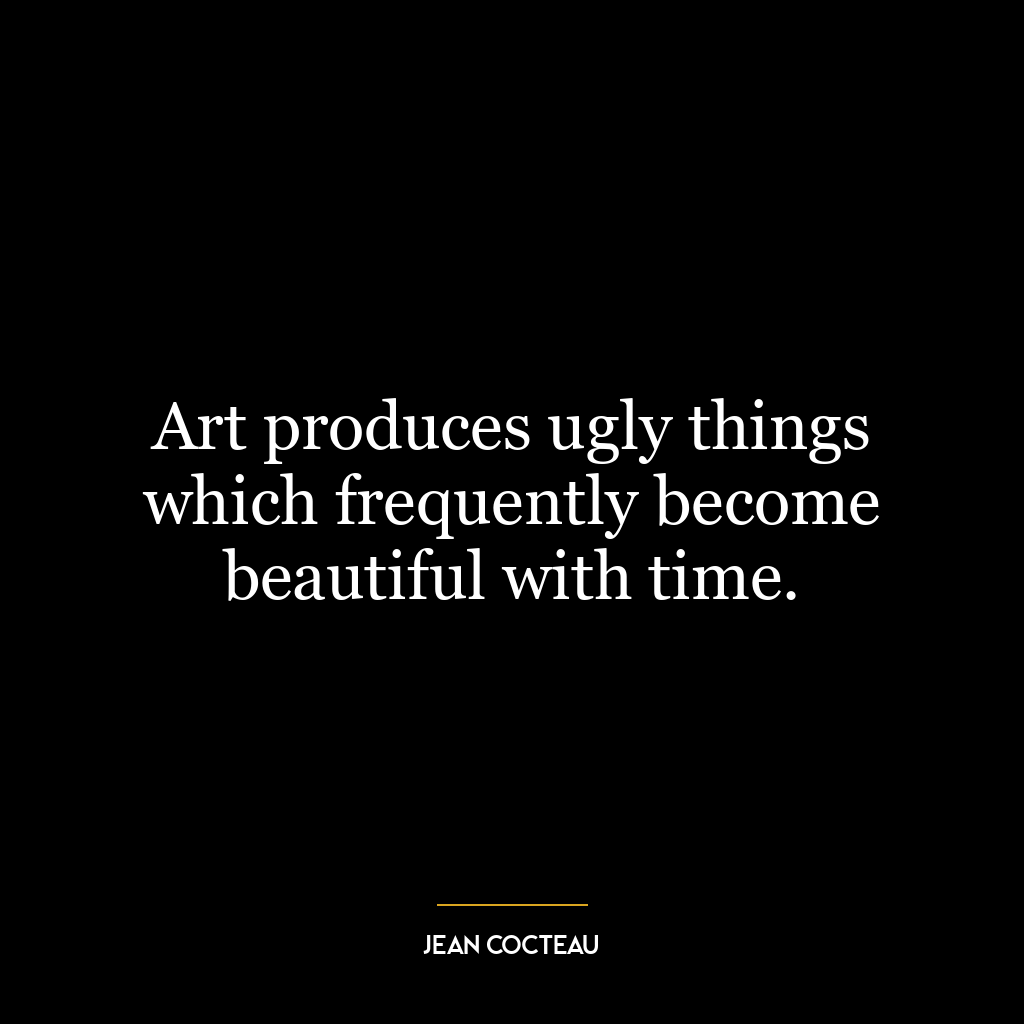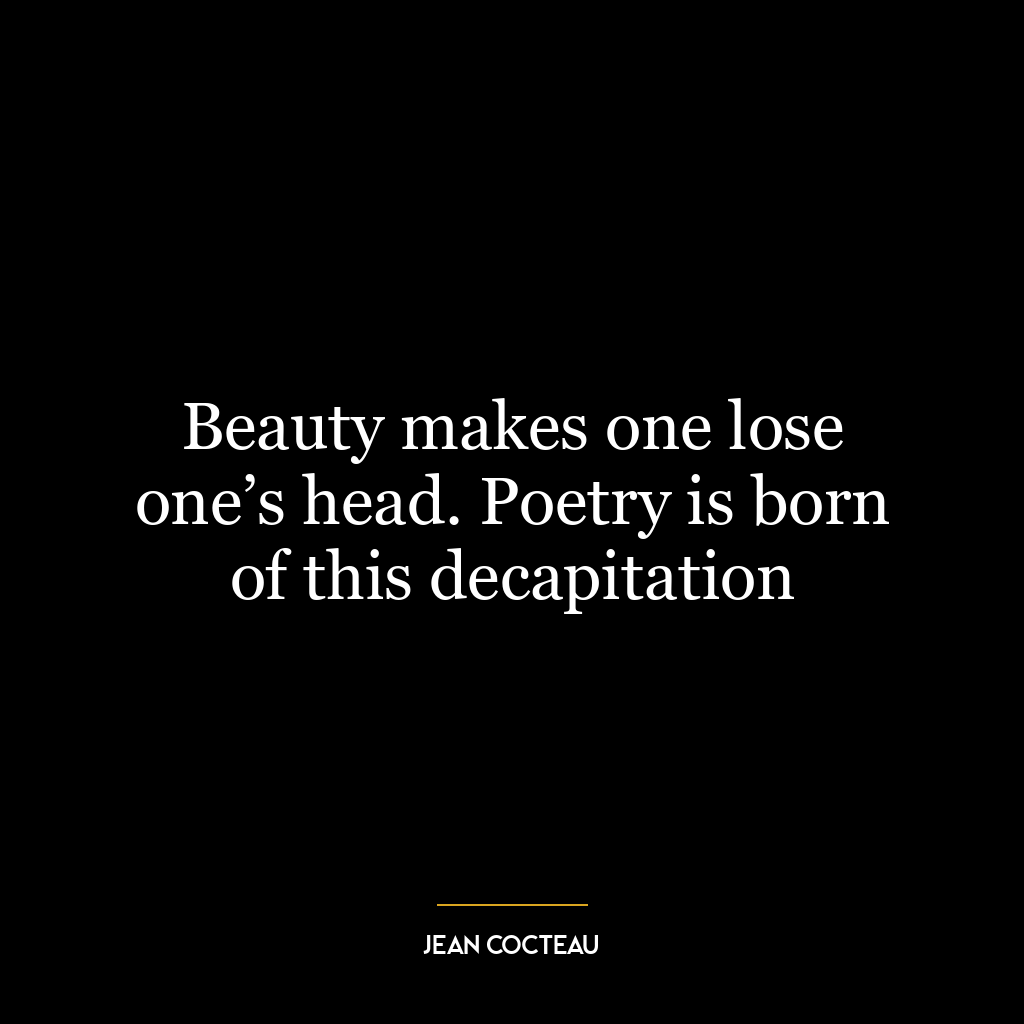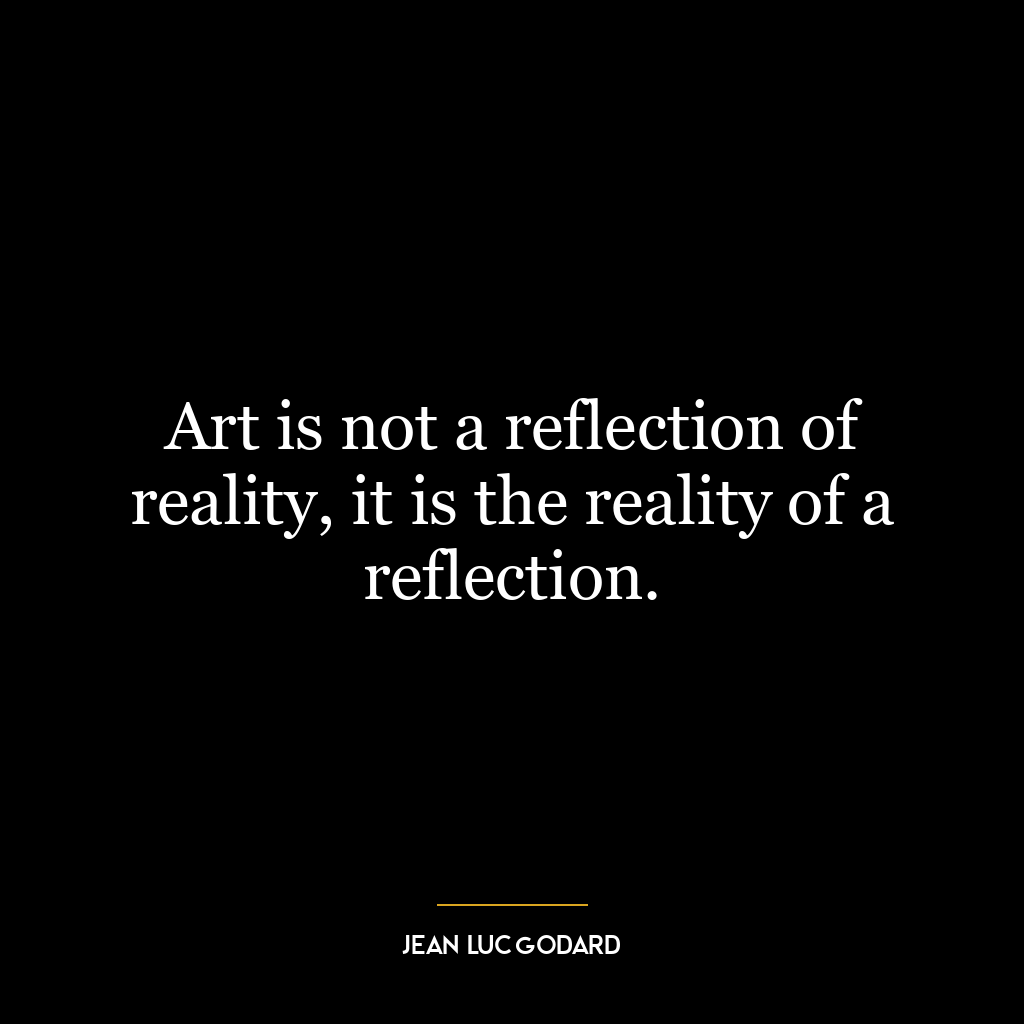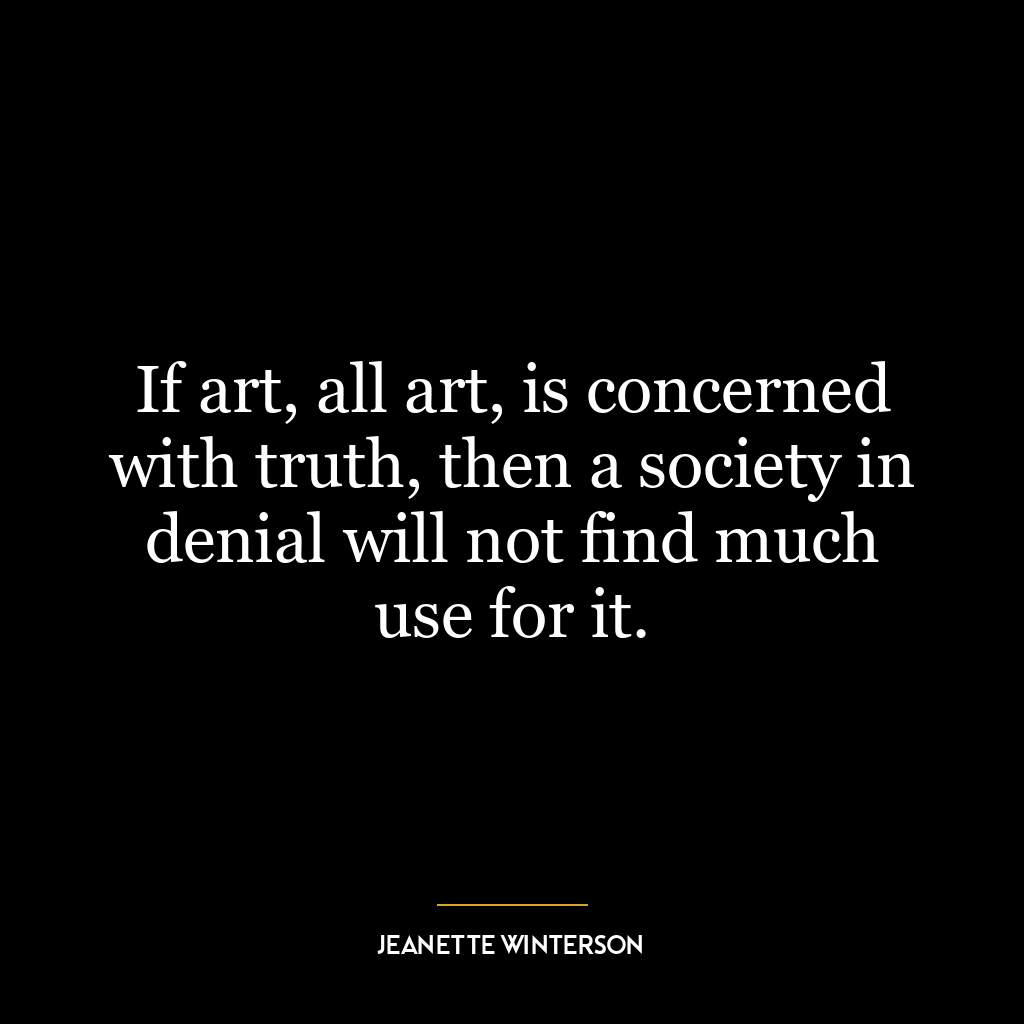This quote encapsulates the idea that truth, regardless of it being pleasant or unpleasant, has the power to free us. It suggests that truth has an inherent beauty in its ability to liberate us from the confines of ignorance, deception, or self-deception.
Breaking down the quote, “The beauty of truth: whether it is bad or good, it is liberating,” it implies that truth, in its essence, is a beautiful thing. It doesn’t matter if the truth is ‘bad’ or ‘good’—it is not the content of the truth that matters, but the fact that it is the truth. The truth is ‘liberating’ because it frees us from the constraints and limitations of falsehoods and misconceptions. It allows us to see things as they are, not as we wish them to be or as others would have us believe.
Applying this idea in today’s world, we can see that truth is often obscured by misinformation, propaganda, and fake news. In such a context, the pursuit of truth becomes even more critical. It allows us to break free from the shackles of misinformation and see the world in its true light. This can lead to a better understanding of the world and more informed decision-making.
In terms of personal development, embracing truth can lead to growth and enlightenment. It requires courage to face the truth, especially when it’s uncomfortable or challenging. But doing so can lead to self-awareness, self-improvement, and personal growth. For example, acknowledging one’s own flaws and mistakes (the ‘bad’ truth) can be the first step towards self-improvement. On the other hand, recognizing one’s strengths and achievements (the ‘good’ truth) can boost self-esteem and confidence.
So, the beauty of truth lies not just in its capacity to enlighten us, but also in its potential to empower us. It is this dual capability that makes truth a powerful and liberating force.




